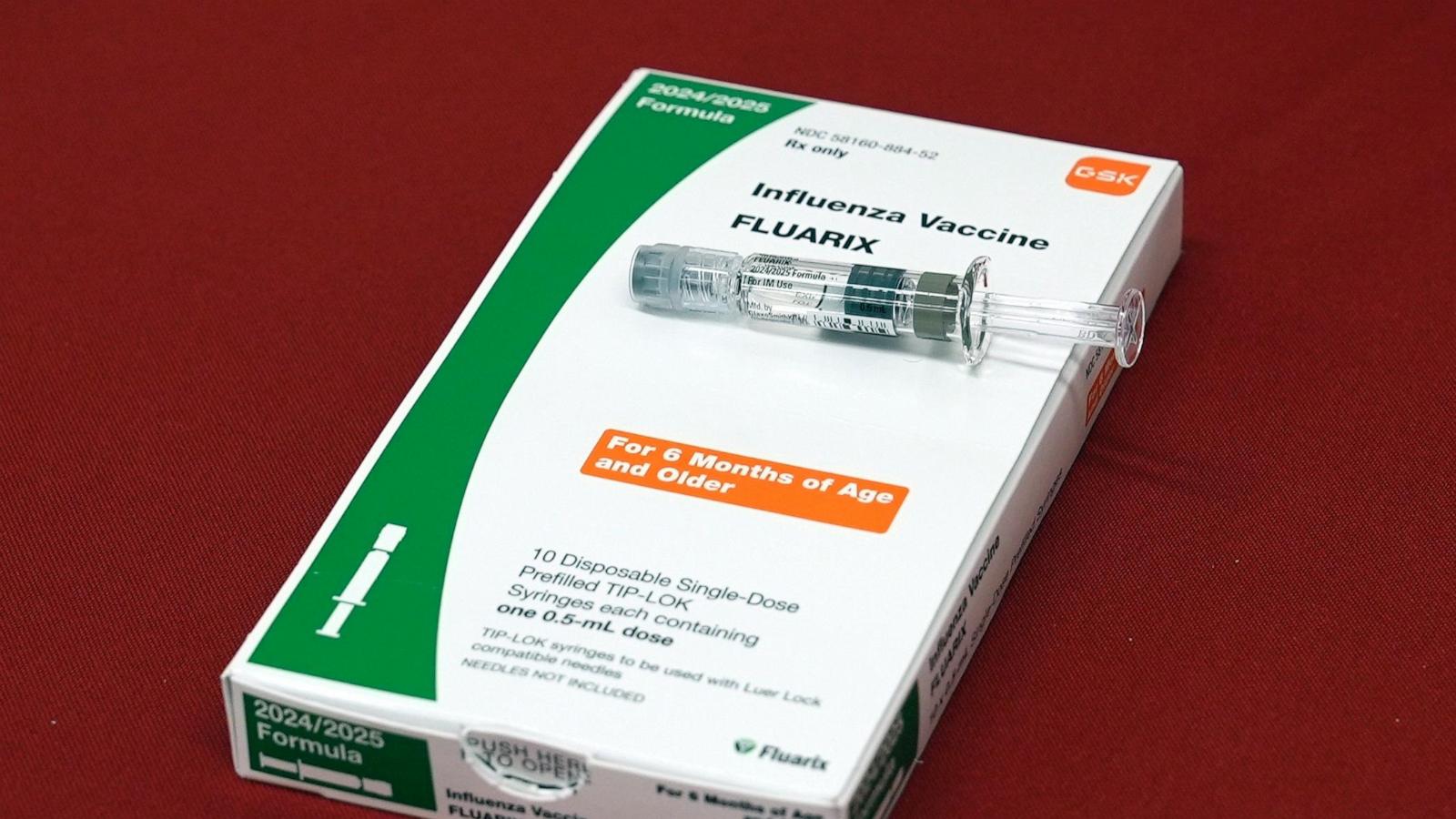Are you prepared for the Flu? The Unexpected Holiday Health Scare Sweeping the Nation!
This holiday season brought more than just cheer for many Americans; it also brought a wave of flu infections, leaving many battling coughs, fevers, and general misery. Reports from across the country paint a concerning picture – 40 states currently report either high or very high levels of flu illness. This surge comes as a double whammy alongside continued battles with other respiratory illnesses like RSV and COVID-19. What's happening, and how can you protect yourself?
The Flu's Furious Return: A Nation Under the Weather
The numbers are staggering. The Centers for Disease Control and Prevention (CDC) reports millions of flu illnesses, tens of thousands of hospitalizations, and thousands of deaths this season already! Pediatric hospitals are overflowing, with influenza joining forces with RSV to create a perfect storm of sickness. Influenza is outpacing other respiratory viruses, with indicators pointing to a season potentially just as intense as the peak last year. Several strains of the flu are causing illness, with no single dominant strain identified. Is it a repeat of the dark days of previous flu seasons? It feels eerily similar.
Southern and Western States hardest hit!
The intensity of this flu season shows geographical variations, with some states being more severely affected than others. Areas like the South, Southwest, and West have borne the brunt of this respiratory illness outbreak, reporting significantly higher illness rates. Comparatively, states in the northern Great Plains and New England reported less widespread illness. Is your area hit hard? Are you ready for this intense flu season?
Is Your Family Ready? Essential Steps to Shield Yourself
With the holiday gatherings behind us and the flu hitting hard, focusing on personal preventative actions is more important than ever. U.S. health officials strongly advise that everyone over 6 months old receives an annual flu shot. The timing of the holiday surge could indicate many have forgone a shot, but that does not negate the need for others still in time for one. Remember to always follow safety guidelines. Basic precautions can significantly reduce transmission.
Simple Yet Powerful Prevention Measures
Don't underestimate the importance of good hygiene and other simple preventive measures to safeguard yourself and loved ones. Practicing effective handwashing is paramount; scrub thoroughly and regularly with soap and water to eliminate germs and lessen infection risks. It is also advisable to refrain from touching your eyes, nose, and mouth and to maintain sufficient social distance, to cut down on virus spread.
Beyond the Flu: Other Viruses to Watch Out For
The current flu outbreak isn't the only virus causing concern among health officials. The CDC has identified outbreaks of norovirus, notorious for its nasty stomach issues. Furthermore, authorities are keeping close tabs on the avian influenza, or Type A H5N1 bird flu. The good news is that the risk to the general public from the bird flu remains low for now, with no human-to-human spread evidenced so far. The human cases have been traced back to direct contact with affected birds and poultry.
What can you do to protect yourself?
You've made the important step of reading this, but even if you do everything right there are still risks of flu and related viruses. So what's left to do? Following CDC guidance and advice from health officials is important. However, the most important thing you can do is to simply ensure that if you do get sick, you recover well. Adequate recovery involves not only getting the right medications but also ensuring that you rest well and get healthy meals. Your recovery depends largely on this.
Take Away Points
This flu season is proving to be a serious challenge for many. With several states reporting critically high illness levels, it's vital to prioritize prevention. The flu shot remains a cornerstone of protection. Simple habits like handwashing, avoiding contact with sick individuals, and following the latest health guidance, are our greatest weapons in the fight against respiratory viruses. Stay informed, stay healthy and stay safe! Remember the symptoms so that you can detect if and when you are affected early. Prevention is always better than cure.









